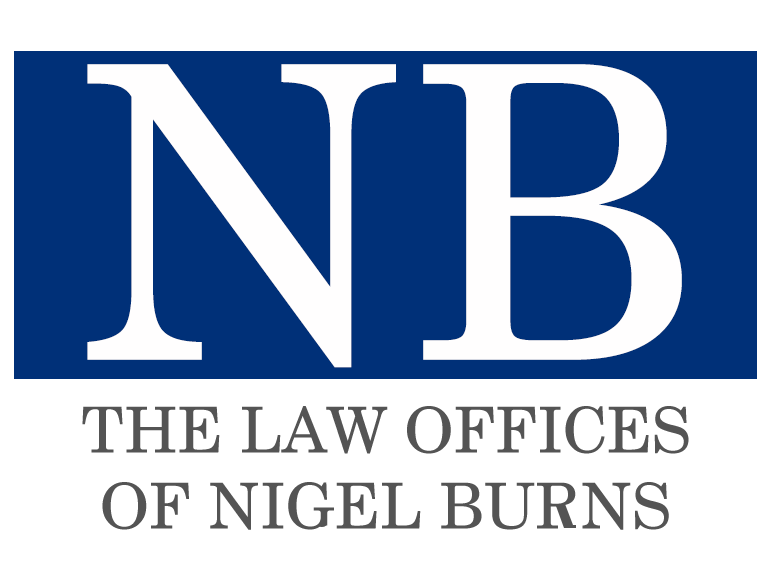Contact Our Child Custody Attorneys in Los Angeles

Divorce is one of the hardest things that anyone can go through. Ending your marriage will give rise to a range of emotions that will be difficult to deal with. Although you have every right to feel the way you do, you should not let it prevent you from looking after your interests. Your parental rights are most important. If you have a child from your marriage, you must ensure that you can still raise them. Child custody attorneys in Los Angeles can help you defend your rights by getting you a fair child custody settlement.
The Aim of the Court
The family courts in California aim to keep both parents involved in the life of the children they have together. Whenever possible, they will order shared custody. However, this is not always possible. If you are leaving your marriage because of domestic abuse, then you may have good reason to keep your ex away from your child. If you are a caring and nurturing mother or father and you believe your ex is trying to keep your child away from you, then you are within your rights to fight these efforts.
Different Types of Child Custody
You should go into a divorce and child custody proceeding with a sound understanding of the different types of child custody. It will help you make good decisions.
Here are the different types of child custody in the state of California:
- Physical custody
If you are granted physical custody, the child will live with you. It will be your responsibility to look after their daily needs. The court can also award joint physical custody, which means that the child will spend significant amounts of time with you and your ex. The latter situation works best if you and your ex live relatively close to one another. This will lessen the strain on your child and be less disruptive to their daily routine.
If you are given sole physical custody, you will be the custodial parent. Your ex will have visitation rights and will likely pay you monthly child support payments. The schedule of these visitations can be worked out in the custody negotiations.
- Legal custody
Legal custody gives a parent the right to make decisions about the child’s upbringing. If you are given legal custody of your child, you will get to make all decisions concerning your child’s schooling, religious upbringing, health care, and so forth. If you share legal custody with your ex, then you cannot make any major life decisions concerning your child without their approval.
It is important to note this point. If you have shared legal custody of your child and you exclude your ex from any major decision, they can take you to court and ask the judge to enforce the custody agreement and their child visitation rights. This can be harmful to the child and the relationship you have with your ex.
If you believe the circumstances between you and your ex make it impossible to continue to share legal custody, it may be a good idea to go back to court. Subjecting your child to endless arguments and antagonistic and abusive tensions between you and your ex can also be harmful to them. If your ex undermines your relationship with your child or will not communicate with you on important matters, you may be able to convince a judge that joint legal custody is not in the best interests of the child.
- Sole custody
You can be awarded sole custody if the other parent is deemed unfit to raise or have any contact with the child. Only in rare and extreme cases will a court make such a call. There must be substantial evidence that the other parent has an alcohol or drug dependency problem or has subjected the child to abuse or neglect.
In most instances, even if you are awarded sole physical custody, the court will allow the noncustodial parent a generous visitation schedule. The court may also require that you and your ex make joint decisions about the child’s upbringing.
It can be tempting to seek sole custody at the beginning of a divorce proceeding. During this time, your anger will be driving many of your decisions. However, it is best for you not to seek this course unless you have good reason to believe that your ex will cause direct harm to the child.
- Joint custody
If the court has awarded joint custody, then you will need to sit down with your ex and work out arrangements that account for housing arrangement, the child’s needs, and your respective work requirements and schedules. If you and your ex cannot agree on these things, the court will impose an arrangement, which is why it is in your best interest to approach the situation with calm and reasonableness.
A common choice is for children to split weeks between each parent’s home. These are also common joint custody arrangements:
- Alternating months, years, or six-month periods
- Spending weekends and holidays with one parent and weekdays with the other
- The child remaining in the family home and the parents take turns moving in and out
A joint custody arrangement is the best way to ensure that the child continues to have contact and involvement with both parents. This is the ideal situation for the child, as it gives them the chance to establish strong and healthy relationships with both parents.
You Will Need a Lawyer
Even if your divorce is amicable, you will still need a lawyer. This is for your protection. Los Angeles child custody attorneys help ensure your parental rights are maintained, as custody often has an impact on alimony.
If you are a father, child custody lawyers for fathers will ensure that you are not treated unfairly in the proceedings. Child custody lawyers for fathers will help enforce your child visitation rights.
Being a single mother should not be a knock against you. Child custody lawyers for single mothers will ensure that you are not treated as a second-class mom just because you are not married. You can count on our child custody lawyers for single mothers to get you justice. Contact our family law attorney in Los Angeles today!
